Friday, December 6, 2013
Posting #9-The Warsaw Uprising
At the Tehran Conference in 1943 the ‘Big Three’ met to discuss Europe’s post war future. At this meeting Stalin stubbornly reiterated his intention to retain Russia’s territorial acquisitions of 1939-41 (under the Nazi-Soviet Pact) in Eastern Europe. The two western leaders (Roosevelt and Churchill) grudgingly gave way, on the condition that Poland’s territorial losses in the east to Russia would be compensated by the annexation of German territory in the west. No one thought to propose a plebiscite like the League of Nations did in the Saar, to consult the Poles earmarked for inclusion into the Soviet Union or the Germans to be incorporated in the reconstituted Polish state as it ‘moved west.’
The long simmering dispute over the political future of Poland became the major bone of contention between the western and eastern members of the Grand Alliance at Yalta. In April 1943 Stalin had abruptly withdrawn diplomatic recognition of the pro-Western Polish government in exile headquartered in London when it appeared to give credence to Nazi accusations that Soviet military forces in Poland massacred ten thousand Polish officers during the period of Soviet cooperation with Germany. Shortly thereafter Stalin gave his official blessing to a rival group of Polish exiles in Russia that disputed the London Poles claim to political legitimacy (right to form a government when the war ended). On July 23 1944, a pro-soviet Polish Committee of National Liberation was established in the Polish city of Lublin after its capture by the Red Army. On August 1st, in response to an appeal from the London Polish group, the 46, 000 members of the Warsaw underground rose against the German occupation army and were joined by most of the city’s civilian population. At the time of the Warsaw uprising the Red Army had smashed through the German defenses to within 10km of the city while radio Moscow broadcast messages of support for the insurrection. But the Soviet forces abruptly halted their advance and stood by while the German Army of occupation brutally crushed the uprising by the end of September. Churchill’s appeal to Stalin for permission for Anglo-American planes based in Italy to land on Soviet airfields after bomb attacks and parachute drops in support of the uprising fell on deaf ears in the Kremlin (the Soviet Government Centre). The consequent death of thousands of Polish partisans wiped out the impressive political and military organization that the London Poles had succeeded in establishing in the occupied country, thereby paving the way for the pro-Soviet rival group that accompanied the advancing Red Army. In January 1945, with Soviet military forces in occupation of the entire prewar territory of Poland, the Kremlin installed the pro-Russian Polish faction in Warsaw and gave it formal diplomatic recognition.
Provide an assessment on the treatment of Eastern European countries before and during the Second World War. Do you feel the treament of Poland in 1939 and 1944 by Western Democracies and Soviet Communism was fair? Does the term 'self determination' apply to the way Stalin was allowed to deal with Poland? Sitzkrieg or a 'sitting war' has been used to describe the attitude of the major powers towards Poland in 1939 and 1944, explain. There is an abundant source of information regarding this topic online and in the Barrie Public Library. Do some research and see what you can find!
This blog posting is now open and will close on December 20th at 11pm
There has been lack of participation on this posting, as a result the deadline will be extended until December 31st.
The following students are included in this posting: Hailey Adam, Daniel Allen, Delaney Benoit, Chelsey Boutin, Megan Broe, Natasha DePass, Lexi Dimovski,
Subscribe to:
Post Comments (Atom)

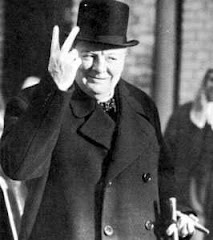
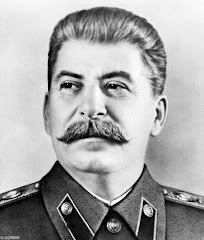
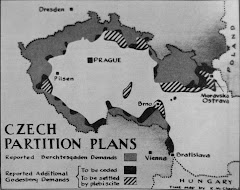
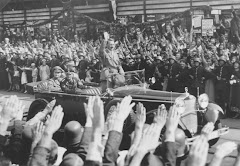

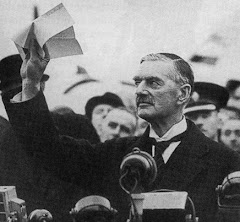
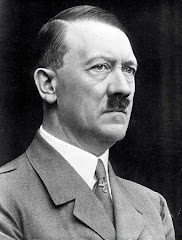




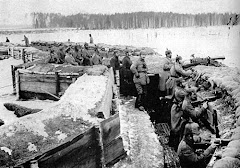


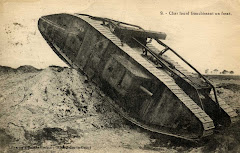



No comments:
Post a Comment